Identifying common transcriptome signatures of cancer by interpreting deep learning models, Genome Biology
Por um escritor misterioso
Last updated 12 abril 2025
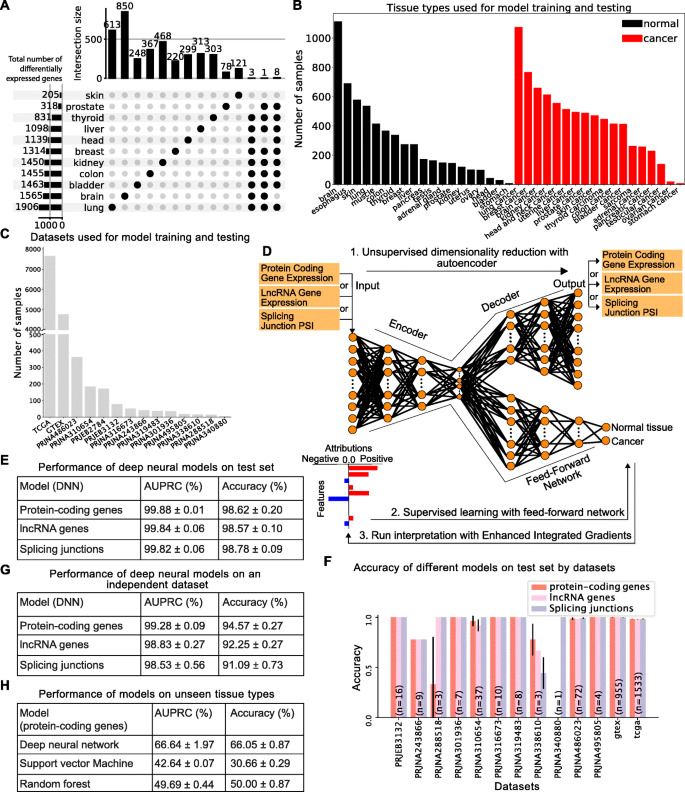
Background Cancer is a set of diseases characterized by unchecked cell proliferation and invasion of surrounding tissues. The many genes that have been genetically associated with cancer or shown to directly contribute to oncogenesis vary widely between tumor types, but common gene signatures that relate to core cancer pathways have also been identified. It is not clear, however, whether there exist additional sets of genes or transcriptomic features that are less well known in cancer biology but that are also commonly deregulated across several cancer types. Results Here, we agnostically identify transcriptomic features that are commonly shared between cancer types using 13,461 RNA-seq samples from 19 normal tissue types and 18 solid tumor types to train three feed-forward neural networks, based either on protein-coding gene expression, lncRNA expression, or splice junction use, to distinguish between normal and tumor samples. All three models recognize transcriptome signatures that are consistent across tumors. Analysis of attribution values extracted from our models reveals that genes that are commonly altered in cancer by expression or splicing variations are under strong evolutionary and selective constraints. Importantly, we find that genes composing our cancer transcriptome signatures are not frequently affected by mutations or genomic alterations and that their functions differ widely from the genes genetically associated with cancer. Conclusions Our results highlighted that deregulation of RNA-processing genes and aberrant splicing are pervasive features on which core cancer pathways might converge across a large array of solid tumor types.

A network medicine approach for identifying diagnostic and
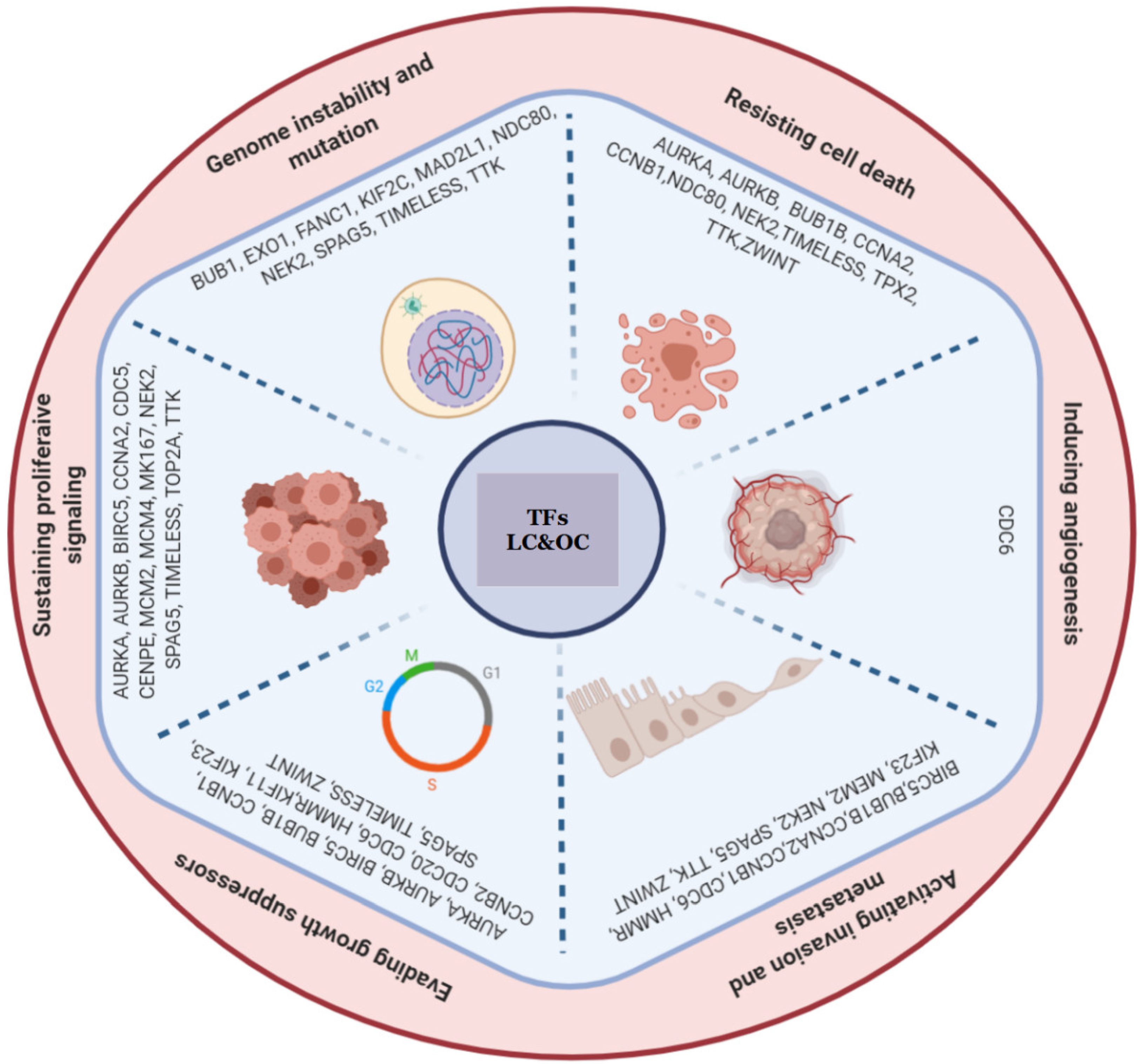
Biology, Free Full-Text
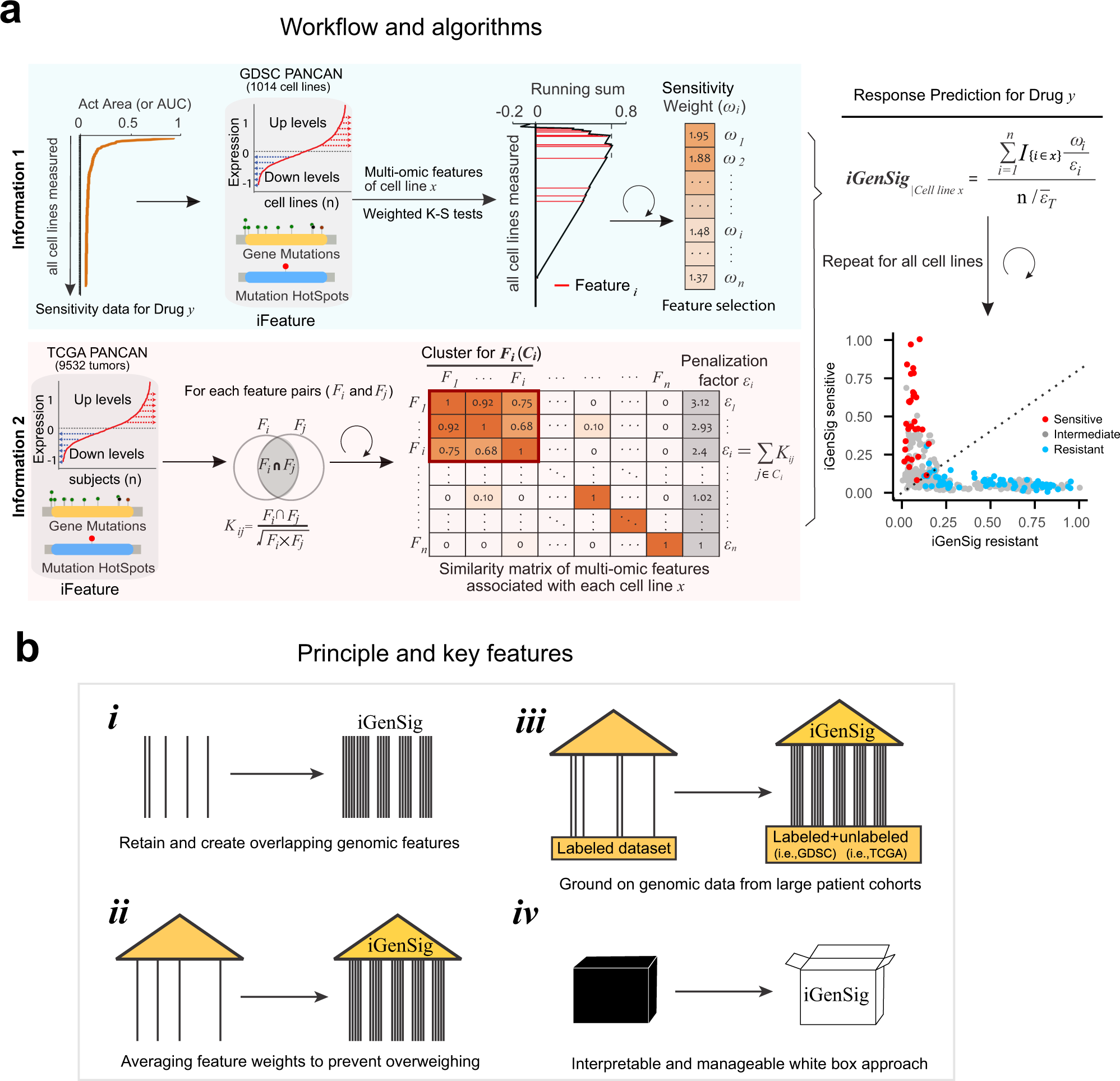
An integral genomic signature approach for tailored cancer therapy
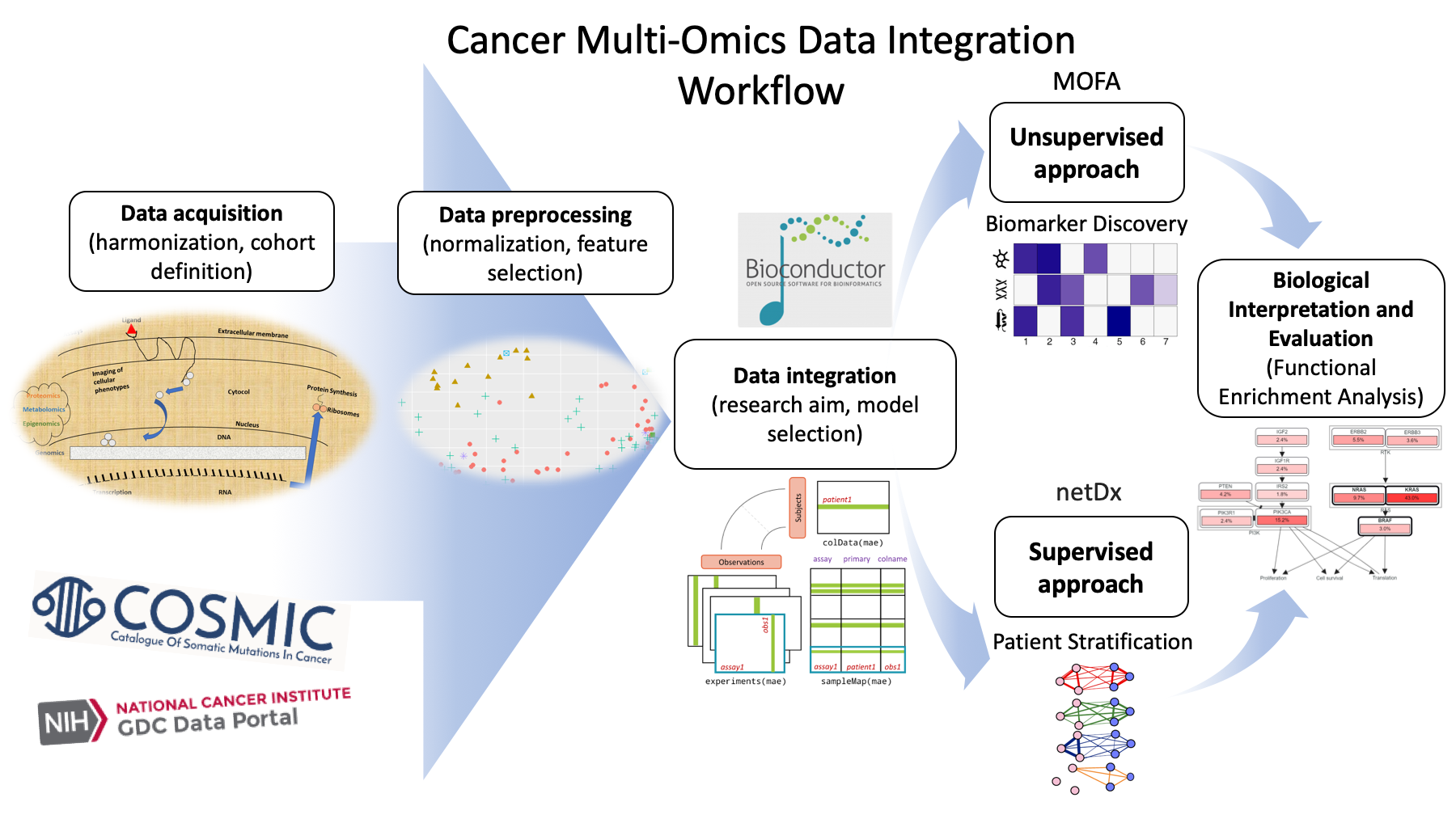
IJMS, Free Full-Text
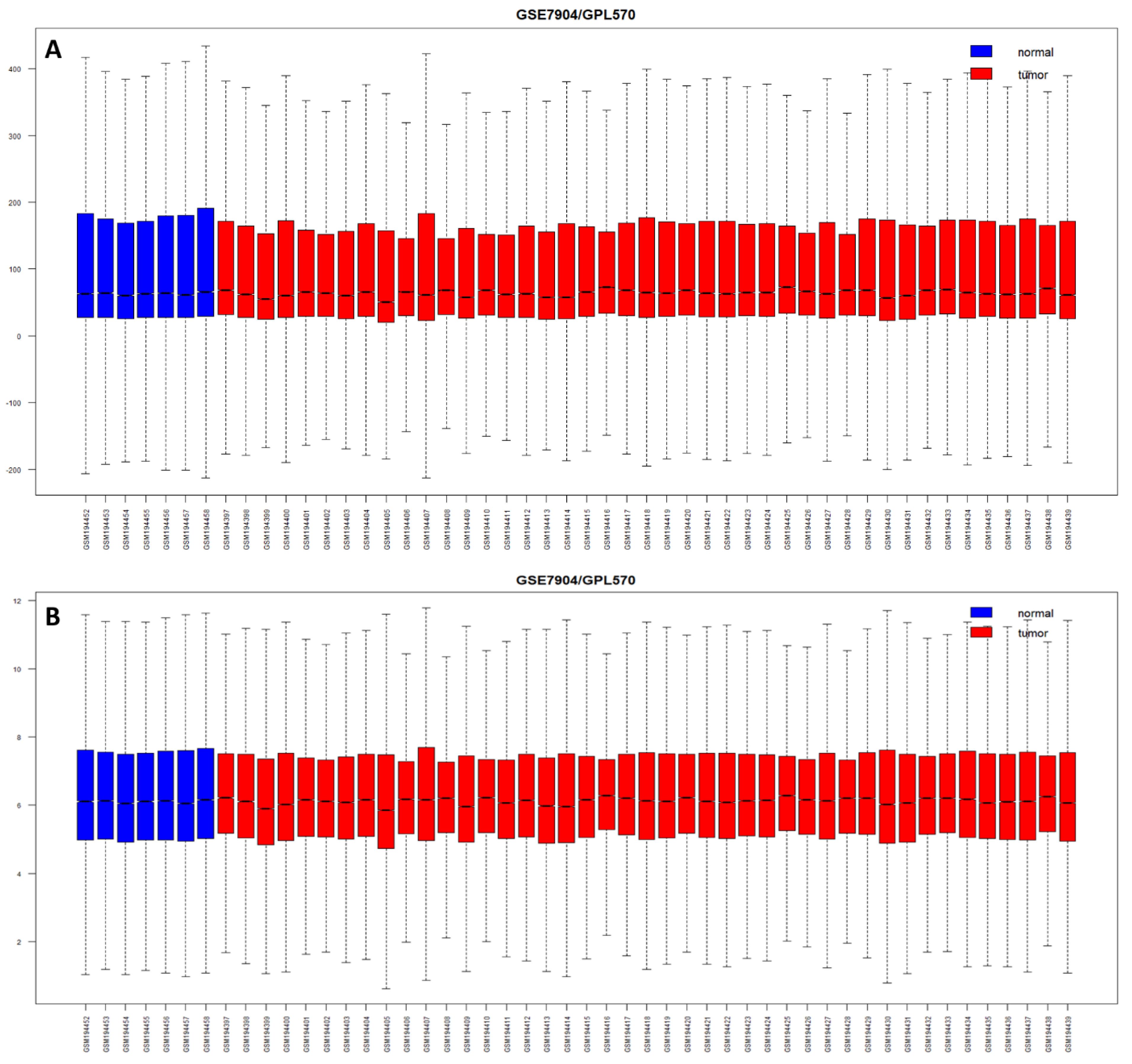
Cancers, Free Full-Text
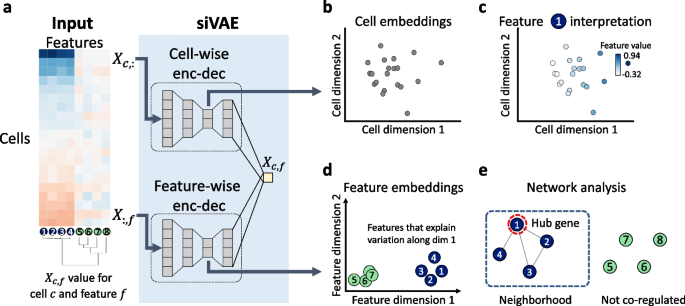
siVAE: interpretable deep generative models for single-cell
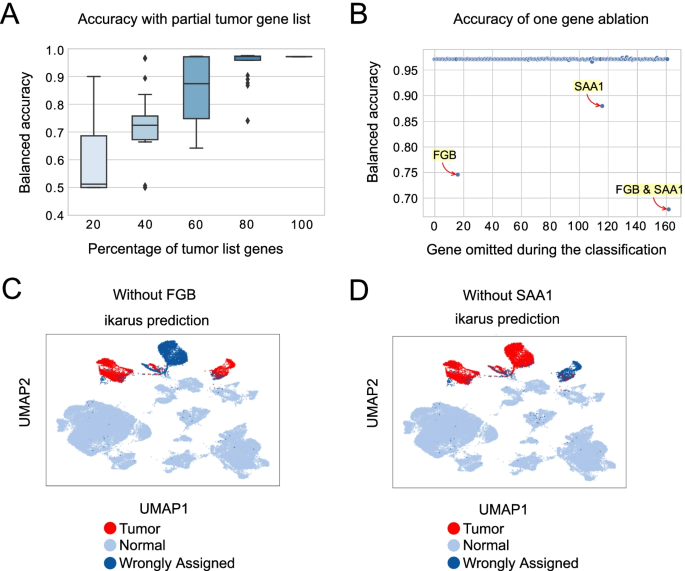
Identifying tumor cells at the single-cell level using machine

Biociphers lab Department of Genetics University of Pennsylvania
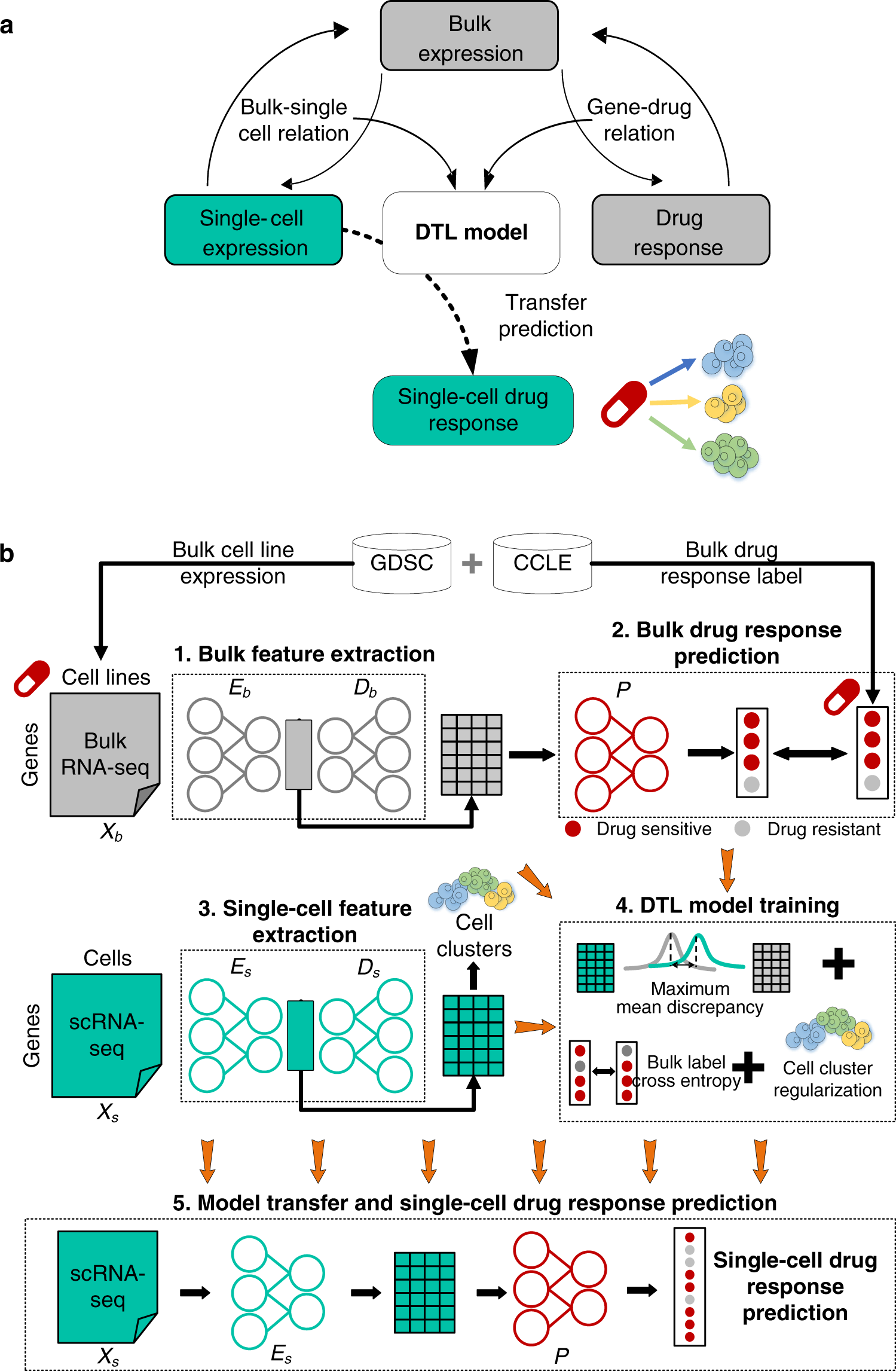
Deep transfer learning of cancer drug responses by integrating
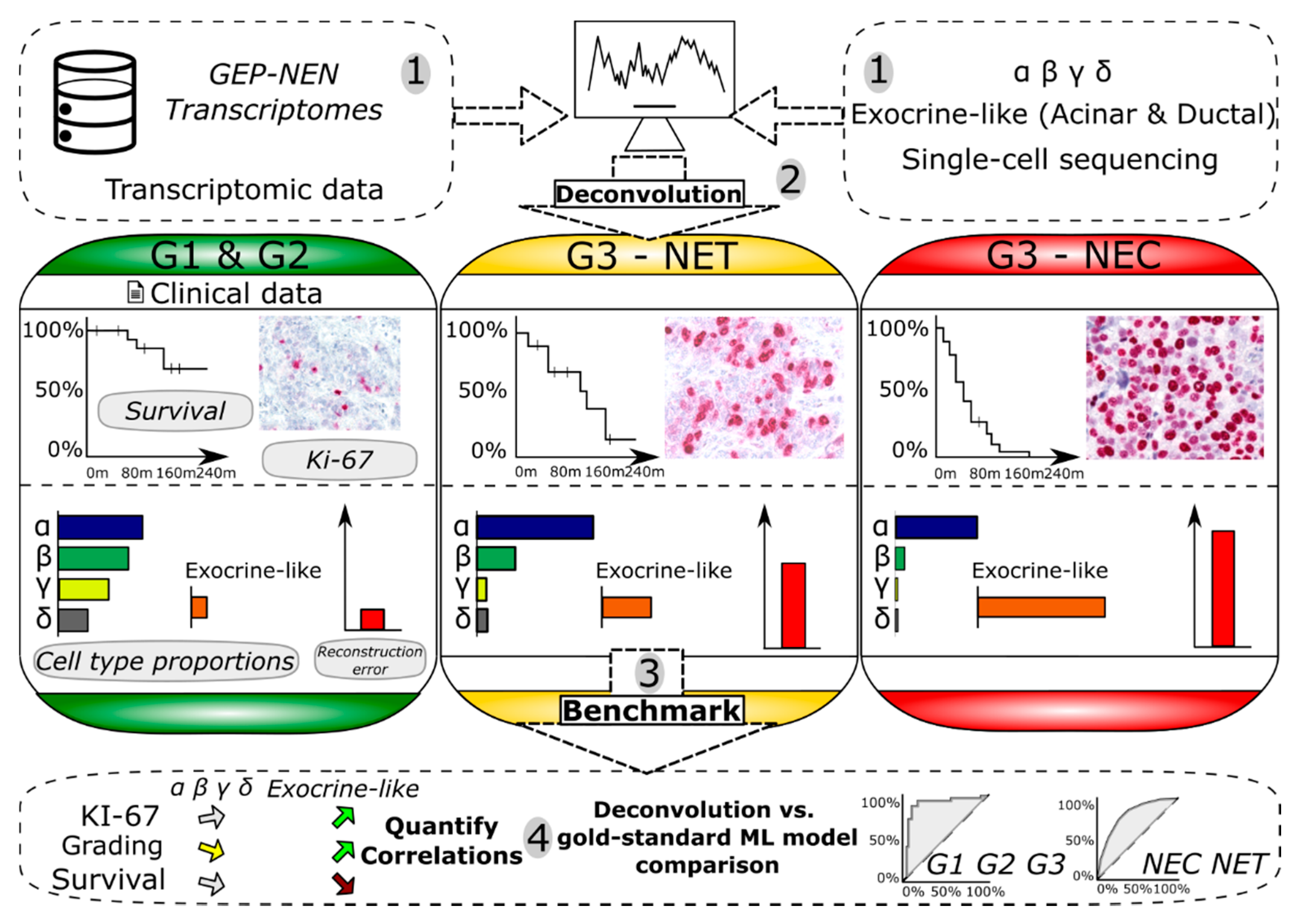
Cancers, Free Full-Text
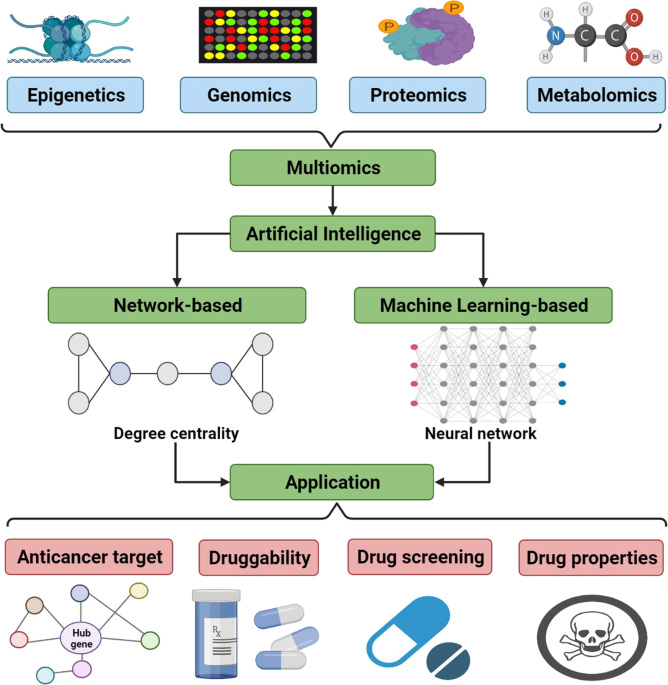
Artificial intelligence in cancer target identification and drug
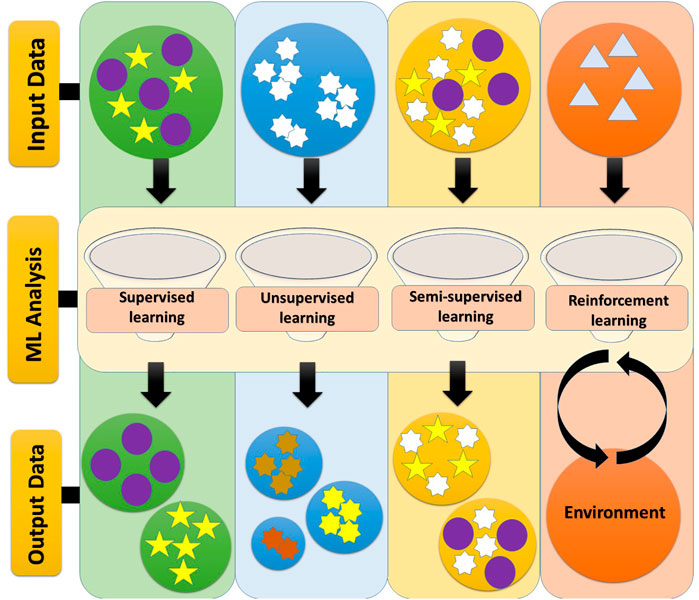
Frontiers Machine Learning: A New Prospect in Multi-Omics Data
Recomendado para você
-
 Brain Test Level 367 answer/solution. #shorts #braintest12 abril 2025
Brain Test Level 367 answer/solution. #shorts #braintest12 abril 2025 -
 Brain Test Level 372 He wants big muscles in 202312 abril 2025
Brain Test Level 372 He wants big muscles in 202312 abril 2025 -
 Brain Test Nivel 367 - Quiere tener grandes músculos12 abril 2025
Brain Test Nivel 367 - Quiere tener grandes músculos12 abril 2025 -
Solved Question 14 9 pts Listed below are brain volumes12 abril 2025
-
![PDF] Low-Dimensional Structure in the Space of Language Representations is Reflected in Brain Responses](https://d3i71xaburhd42.cloudfront.net/89711a7e91ad81874a5a0b1c3359bb67b27c0578/15-Table1-1.png) PDF] Low-Dimensional Structure in the Space of Language Representations is Reflected in Brain Responses12 abril 2025
PDF] Low-Dimensional Structure in the Space of Language Representations is Reflected in Brain Responses12 abril 2025 -
 Cabin Fever Word Search Puzzle – General Store of Minnetonka12 abril 2025
Cabin Fever Word Search Puzzle – General Store of Minnetonka12 abril 2025 -
UTRGV Office For Sustainability - The Rio Grande Valley - Society For Neuroscience- Chapter (RGV-SFN-C) is organizing several events in its mission of promoting: Outreach, Education, Research in the Neuroscience12 abril 2025
-
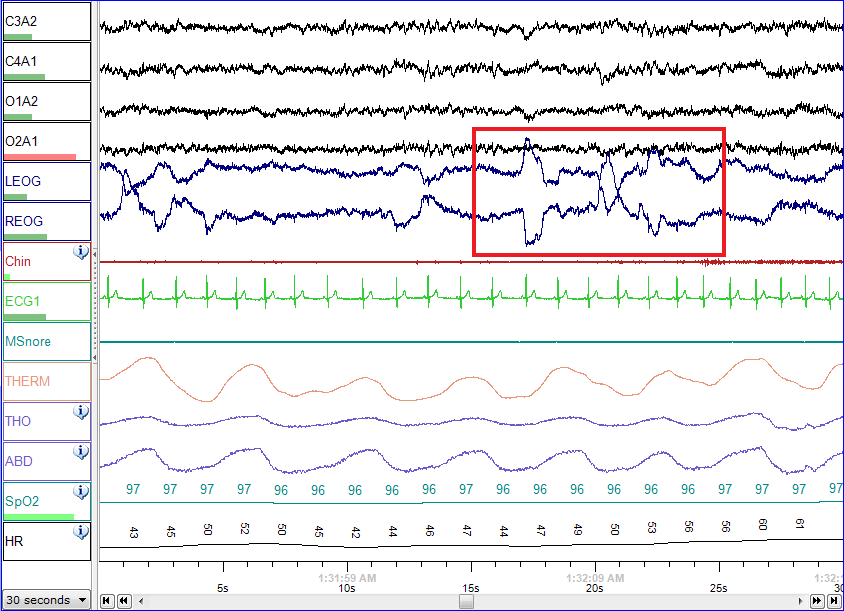 Polysomnography - Wikipedia12 abril 2025
Polysomnography - Wikipedia12 abril 2025 -
Solved Listed below are brain volumes (cm2) of unrelated12 abril 2025
-
A Cell Type Selective YM155 Prodrug Targets Receptor-Interacting Protein Kinase 2 to Induce Brain Cancer Cell Death12 abril 2025
você pode gostar
-
 Lesome Doors Plushies Doors Plush Horror Game Plush, Stuffed Animals, Gifts for Game Fans Halloween Decorations Christmas Birthday Party Gift, Seek Figure Screech Party Favors (E-Halt) : Toys & Games12 abril 2025
Lesome Doors Plushies Doors Plush Horror Game Plush, Stuffed Animals, Gifts for Game Fans Halloween Decorations Christmas Birthday Party Gift, Seek Figure Screech Party Favors (E-Halt) : Toys & Games12 abril 2025 -
 Ranch Simulator Cd Key Steam Global12 abril 2025
Ranch Simulator Cd Key Steam Global12 abril 2025 -
noragami dublado em português ep 1|Pesquisa do TikTok12 abril 2025
-
 Pigmento Em Pó Xadrez12 abril 2025
Pigmento Em Pó Xadrez12 abril 2025 -
 The Nexus Walkthrough - Demon's Souls Guide - IGN12 abril 2025
The Nexus Walkthrough - Demon's Souls Guide - IGN12 abril 2025 -
 Ulforceveedramon, imperialdramon, dmo, veedramon, renzo, impmon, Omnimon, Senpai, Gatomon, digimon Masters12 abril 2025
Ulforceveedramon, imperialdramon, dmo, veedramon, renzo, impmon, Omnimon, Senpai, Gatomon, digimon Masters12 abril 2025 -
 Scientists complete head transplant on a RAT in China12 abril 2025
Scientists complete head transplant on a RAT in China12 abril 2025 -
 Quake Fruit Is OVERPOWERED Awakened12 abril 2025
Quake Fruit Is OVERPOWERED Awakened12 abril 2025 -
 Play AmongUs Run Free Online Games. KidzSearch.com12 abril 2025
Play AmongUs Run Free Online Games. KidzSearch.com12 abril 2025 -
 FIQUEI PRESA no MUNDO ROSA no MINECRAFT do PLAYSTATION12 abril 2025
FIQUEI PRESA no MUNDO ROSA no MINECRAFT do PLAYSTATION12 abril 2025




